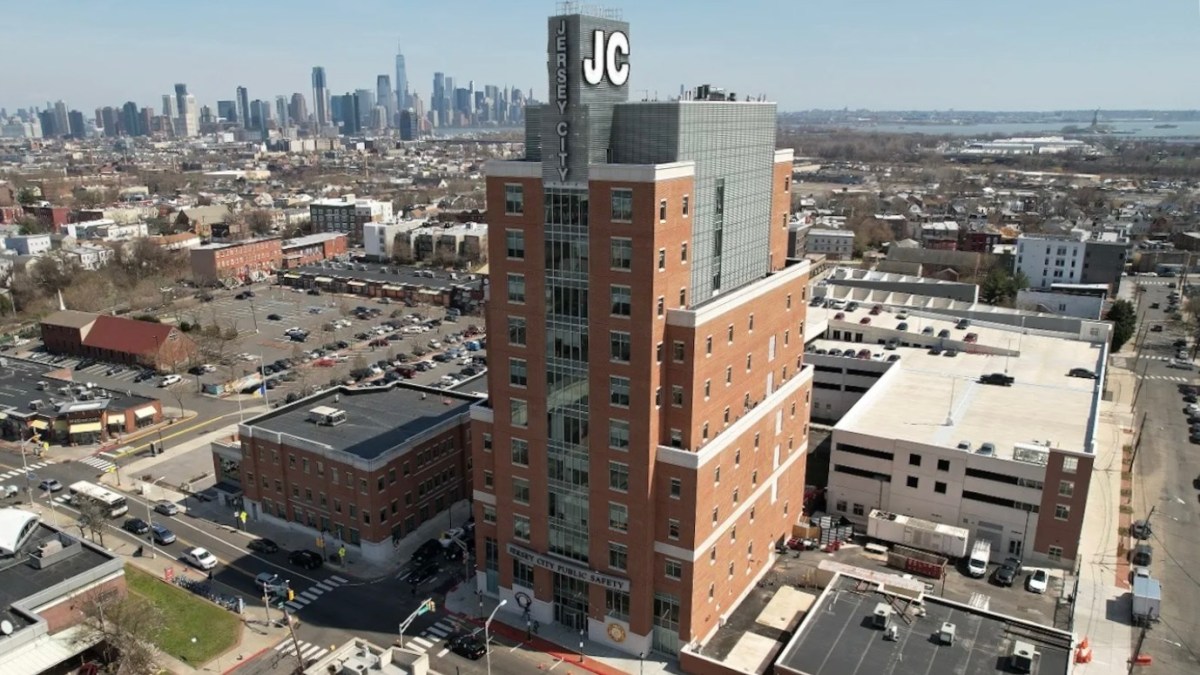Mayoral candidate and Ward E Councilman James Solomon has released a public safety platform focused on police visibility, mental health response, fire department independence, and support for community-based violence prevention.
“As Mayor, I’ll make sure we have more officers walking the beat, the nation’s best mental health crisis intervention response system, and a renewed commitment to both justice and safety. Jersey City deserves nothing less,” Solomon said in a statement.
Solomon’s platform calls for hiring 100 additional police officers, restructuring the command hierarchy, and ending fixed posts to allow for more flexible, community-focused policing. It also proposes restoring annual police recognition ceremonies and offering merit-based advancement opportunities. The plan advocates for reestablishing a full traffic enforcement unit and installing speed cameras in school zones, pending state approval.
The proposal includes a mental health crisis response system in which clinicians, not police, would respond to non-violent 911 calls, with police backup provided when necessary. Solomon is also calling for the creation of a Civilian Complaint Review Board with investigative and disciplinary authority, contingent on state legislation.
On fire services, Solomon pledged to keep the Jersey City Fire Department independent and fully staffed. He opposes any merger with other fire departments and calls for eliminating the Public Safety Director role, instead creating two separate roles for police and fire leadership. His plan also includes modernizing firehouses and increasing penalties for fire safety violations.
His platform also proposes expanded funding for grassroots anti-violence initiatives, including the CURE Violence model and youth development programs like summer jobs and after-school activities. A citywide neighborhood watch initiative is also included.
Solomon’s plan comes amid shifting crime trends in Jersey City. In December, Mayor Steven Fulop and Public Safety Director James Shea reported the lowest number of homicides since recordkeeping began, dropping from historical averages in the mid-20s to single digits. Shootings also declined, though they are not classified as crimes under New Jersey law.
Despite the drop in gun violence, other violent crimes — including aggravated assaults and robberies — increased. Over Fulop’s tenure, violent crime overall has risen 6%, largely driven by a 95% increase in aggravated assaults.
Lower-level crimes, including package thefts and car break-ins, have continued to pose challenges. Shea attributed these trends to a small number of repeat offenders and delays in the court system, which he said have worsened since bail reform took effect.
Fulop’s administration has also come under fire for how it shares crime data. Currently, numbers are reported quarterly in order to “show trends.” Critics have called for more frequent publication of CompStat-style crime data, a practice used in other cities like New York, which publishes weekly reports, and Newark.
Solomon’s public safety plan did not include any proposals for improving the transparency or frequency of crime stat reporting.



